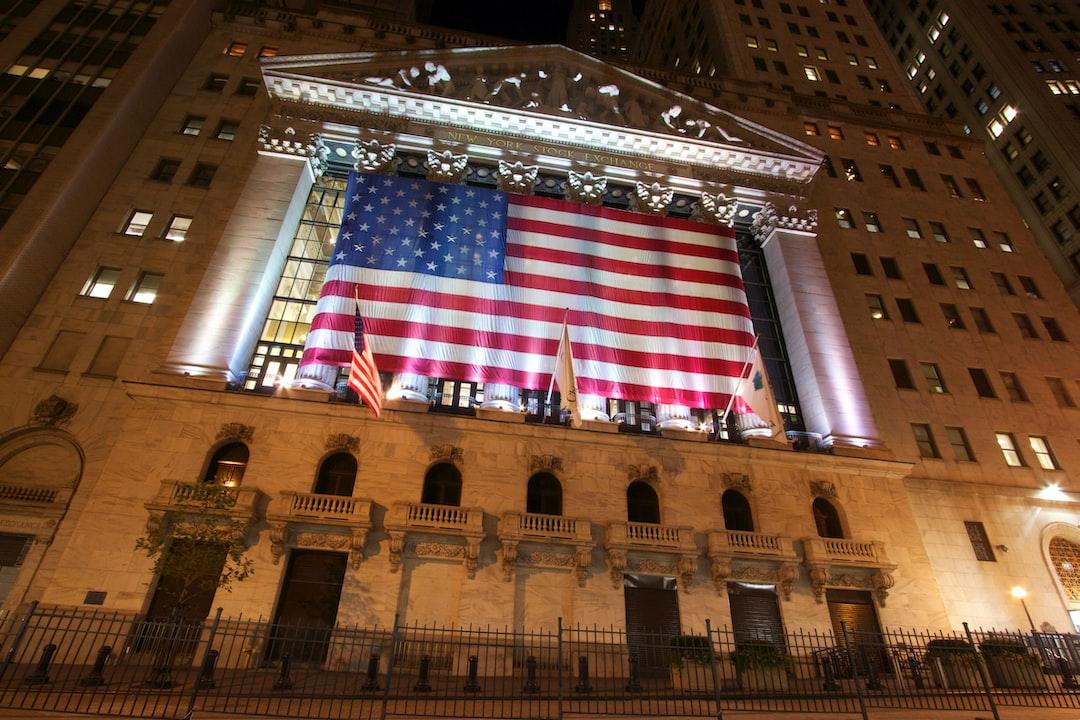OpenAI has filed a motion requesting a federal judge to dismiss certain portions of The New York Times’ copyright lawsuit against them. The company claims that the newspaper paid someone to manipulate OpenAI’s AI systems, including ChatGPT, in order to produce misleading evidence for the case.
In a filing submitted to the Manhattan federal court on Monday, OpenAI argued that The NYT used deceptive prompts that violated their terms of use, causing their technology to reproduce copyrighted material. However, OpenAI did not disclose the identity of the individual they believe The NYT employed for this purpose, thus avoiding any accusations of the newspaper violating anti-hacking laws.
The New York Times’ attorney, Ian Crosby, countered OpenAI’s claim of “hacking” by stating that it was simply an attempt to use OpenAI’s products to uncover evidence of alleged theft and reproduction of The NYT’s copyrighted work.

A screenshot of OpenAI’s court filing. Source: Courtlistener
The lawsuit, filed by The NYT against OpenAI and its main financial supporter, Microsoft, in December 2023, alleges that millions of NYT articles were used without authorization to train chatbots that provide information to users. The lawsuit draws on both the United States Constitution and the Copyright Act to defend The NYT’s original journalism. It also accuses Microsoft’s Bing AI of creating verbatim excerpts from The NYT’s content.
The New York Times is just one of many copyright holders taking legal action against tech companies for the alleged misuse of their content in AI training. Authors, visual artists, and music publishers have also filed similar lawsuits.
OpenAI has previously argued that training advanced AI models without incorporating copyrighted works is practically impossible. In a submission to the United Kingdom House of Lords, OpenAI stated that since copyright covers a wide range of human expressions, it is unfeasible to train leading AI models without the inclusion of copyrighted materials.
Tech companies argue that their AI systems use copyrighted material fairly and emphasize that these lawsuits pose a threat to the growth of the potential multitrillion-dollar industry.
Courts have yet to determine whether AI training falls under fair use according to copyright law. However, some infringement claims related to outputs generated by generative AI systems have been dismissed due to insufficient evidence demonstrating that the AI-created content resembled copyrighted works.
Magazine:
Google to address diversity issues with Gemini AI, ChatGPT exhibits erratic behavior: AI Eye

